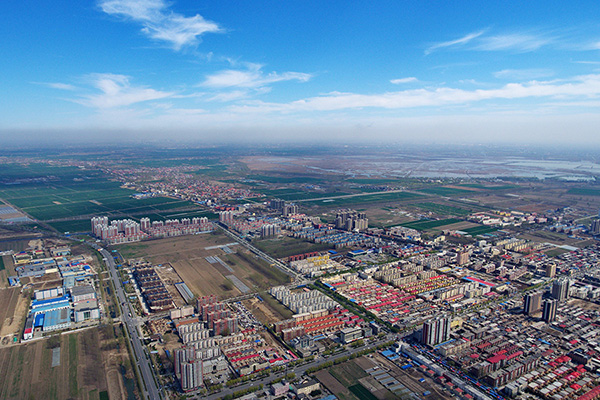China's rating not jeopardized by slower growth
The Chinese government has considerable assets that can be used to help pay down the debt if necessary.
Neither the Chinese government nor the banking sector relies on external funding, reducing vulnerability to global financial market disturbances.
China's domestic savings rate is also one of the highest in the world. And the country has closed capital and foreign exchange reserves that could help prevent large swings in capital flows.
The agency, however, warned that local government debt and a surge in credit constitute risks, which could cause a sharper slowdown in growth.
After the 2008 global financial crisis, China's economic growth became more dependent on rapid expansion in credit, which led to ballooning government debt and rising non-performing loans.
In the latest official numbers available, China's National Audit Office put the debt of local governments at 10.7 trillion at the end of 2010.
Bank loans surged in the first three months of 2013, with monthly new loans hitting 1 trillion yuan ($161.03 billion) in the two months of January and March.
Last month, China Banking Regulatory Commission issued guidance to strengthen the supervision of loans to local governments' financing vehicles, taking a more systemic approach to identifying and monitoring banks' potential exposure.
China needs to guard against potential risks in financial sectors and should keep a prudent monetary policy, according to an April 25 meeting of China's top leaders.
Moody's anticipated the Chinese government would carry out effective macro-prudential regulations and advance broad reforms that will help contain latent risks which could undermine China's new, more moderate growth path.
















